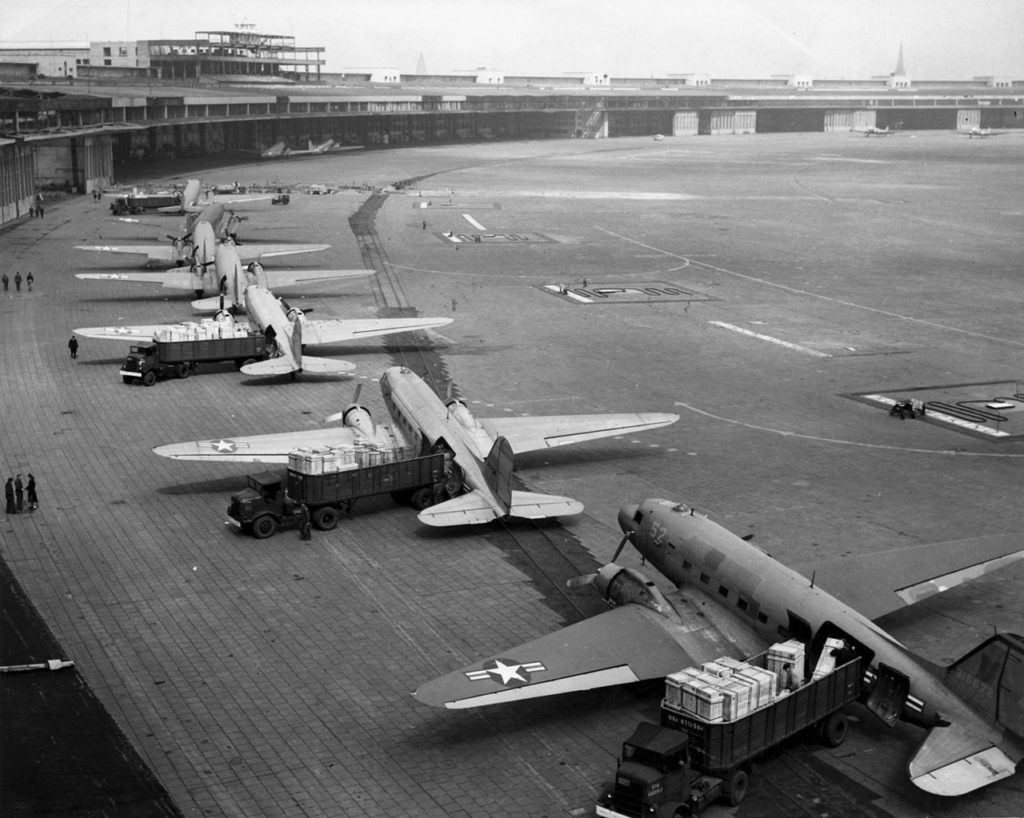The Treaty of Trianon (1920) and its effect on Hungary
This treaty is another good example of the collateral damage to be expected when states join in wars with the express intention of gaining territory, though the war in question has nothing or little to do with them. In the First or Great War of the 20th century, Hungary, because of its alliances with Austria, fought against the Western allies. Romania, sensing a chance to do well out of it, declared for the allies.
The Treaty of Versailles decreed that Hungary, among the states which fought for the loser, Germany, should share the blame and pay the price. After the four terrible years spent mostly advancing and retreating over the trenches were over, Hungary became a Republic, but a Communist revolt established a Communist administration in 1919. This failed, and a monarchical regime (in name only) was introduced with a new constitution, under the leadership of Admiral Horthy. (more…)







